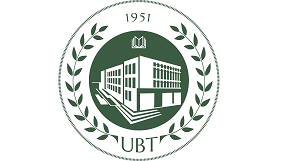RASKA GEORGIEV, VANIA DIMOVA, KRASIMIRA UZUNOVA, PLAMENA ATANASOVA, ANNA KARKELOVA, MARINA TOSHESKA
Department “Agricultural Engineering”, Faculty of Agriculture, University of Thrace, 6000 Stara Zagora, Bulgaria
Department “Animal Husbandry” Faculty of Veterinary Medicine, Trakia University, 6000 Stara Zagora, Bulgaria
DVM, Faculty of Veterinary Medicine, Lazar Pop Trajkov 5-7, 1000 Skopje
*Corresponding author E-mail: mira60bg@yahoo.com
Abstract
The study aims to determine the optimum thickness of the roof construction of a facility for gilts when different fuel for heating are used and various kinds of insulation. The presented methodology helps to determine the annual energy losses through a 1 m2 of roof construction. In analyses are taken into consideration various types of heat insulation as insulating sandwich – panels of plasticized LT-layered tin of thermal insulation with EPS, XPS and mineral wool. Annual cost for heat insulation is calculated as the sum of annual energy costs and depreciation for insulation. The obtained results show that the use of fuel – a dry timber at – appropriate thickness of the thermal insulation are: for EPS and mineral wool – 100 mm; for XPS – 80 mm, and when Bobovdol coal is using appropriate thickness of the thermal insulation are: for EPS – 140 mm; for XPS and mineral wool – 100 mm respectively.
Keywords: facility’s roofs, sows, energy losses, annual costs

